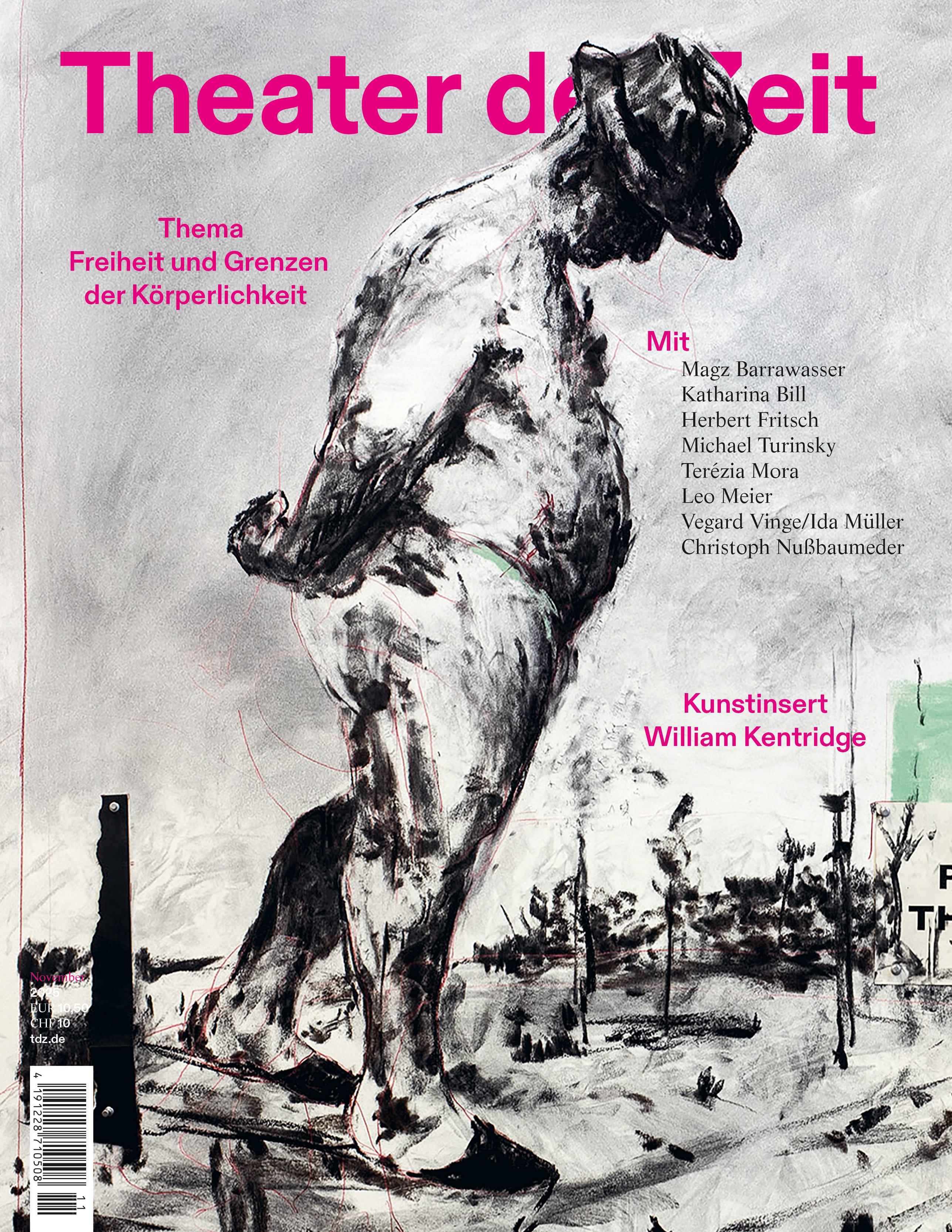Preface
Erschienen in: Dionysus in Exile: – The Theatre of Theodoros Terzopoulos (03/2019)
In the twentieth century, European directors invented and realized new forms of theatre by distancing themselves from established realistic-psychological acting styles and redefining the art of acting through the creation of specific new acting techniques. Meyerhold, for instance, founded his biomechanics in the 1920s by taking recourse to the machine, the work process, and the concomitant principle of Taylorism.1 From the 1950s onwards, Jerzy Grotowski established his theatre laboratory in which he came up with a via negativa leading to the ‘total act’ of the actor – an act that requires the actor to ‘reveal’ himself.2
Theodoros Terzopoulos, meanwhile, took a rather different route in the 1980s and after. His theatre is closely linked to the god Dionysus. One could even go so far as to state that it is an ongoing attempt to lure the god into returning from his exile. After a four-year stint at the Berliner Ensemble (1972-1976), Terzopoulos staged his first productions at the State Theatre of Northern Greece in Thessaloniki, among them Brecht’s Rise and Fall of the City Mahagonny (1977) and Lorca’s Yerma (1981). At the latest during the preparations for his production of The Bacchae (1986), the result of a nine-month...

.jpeg&w=3840&q=75)















